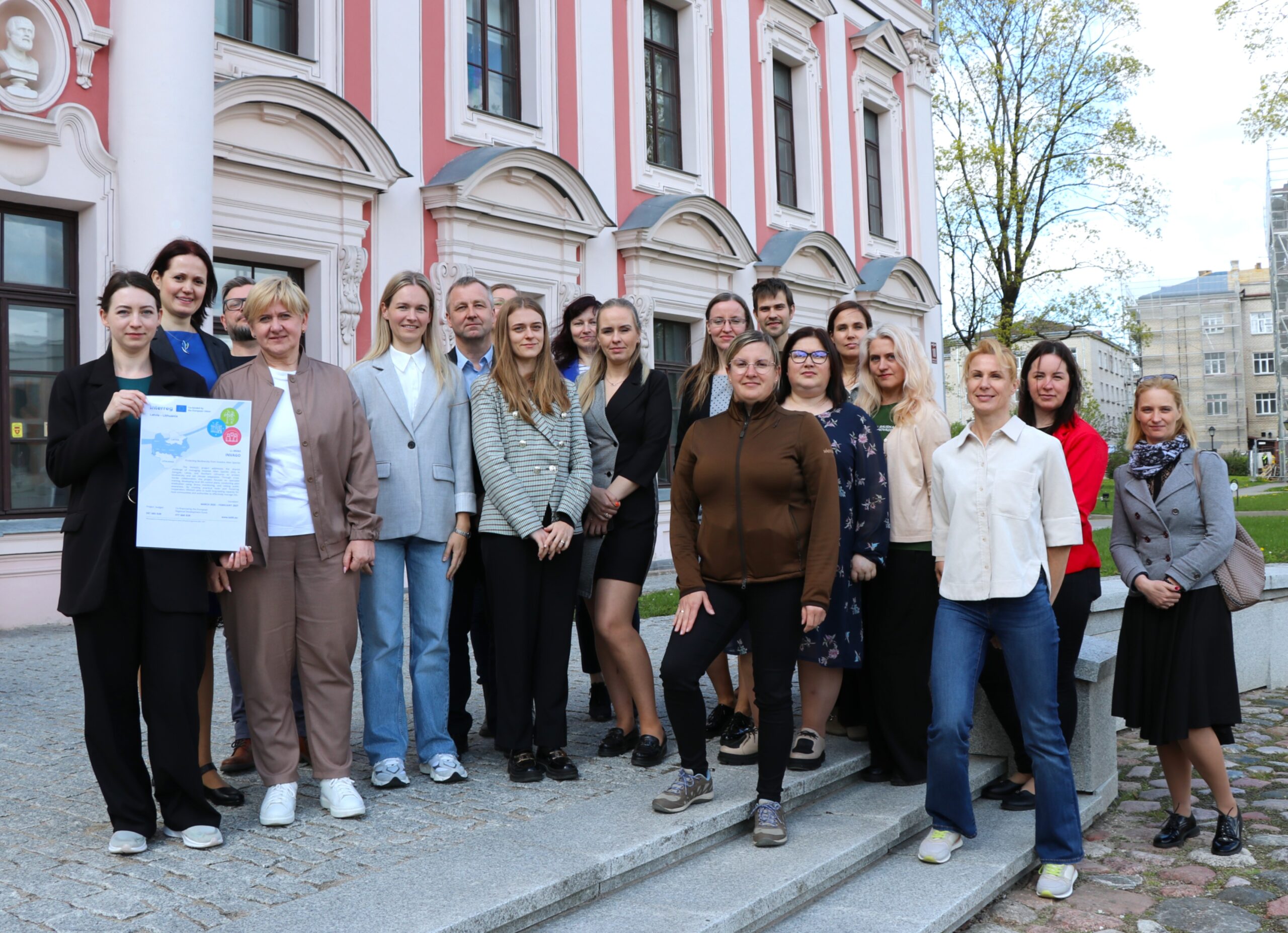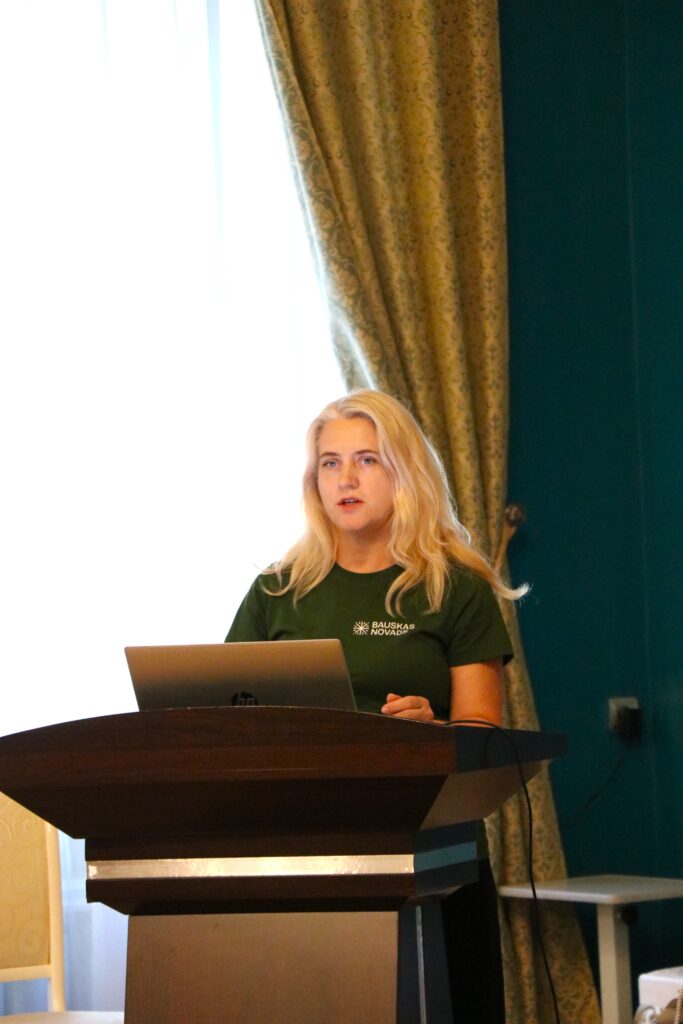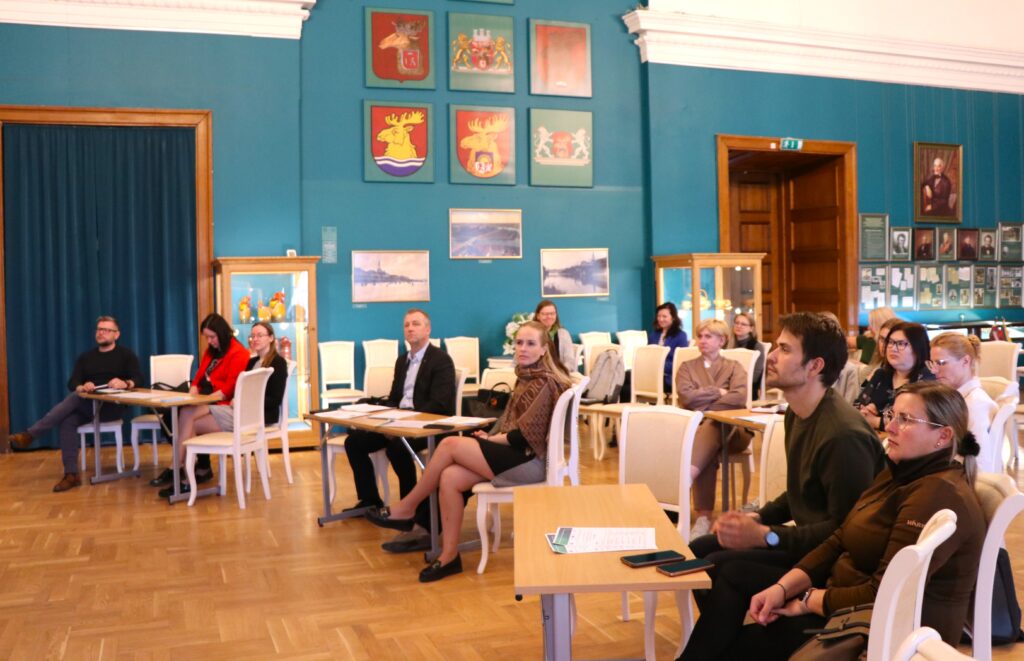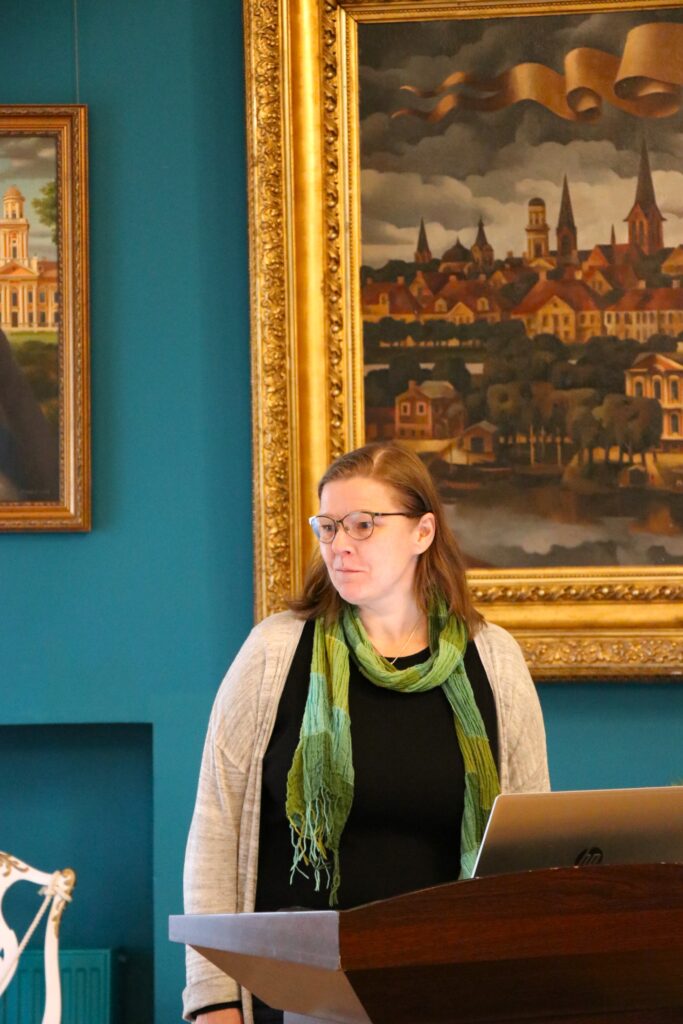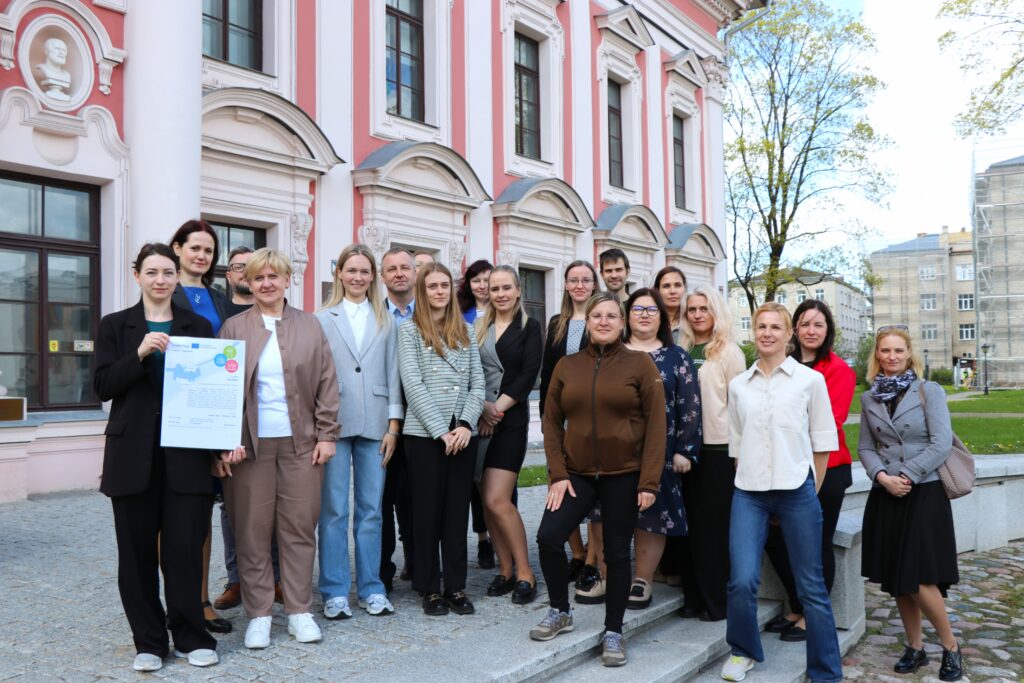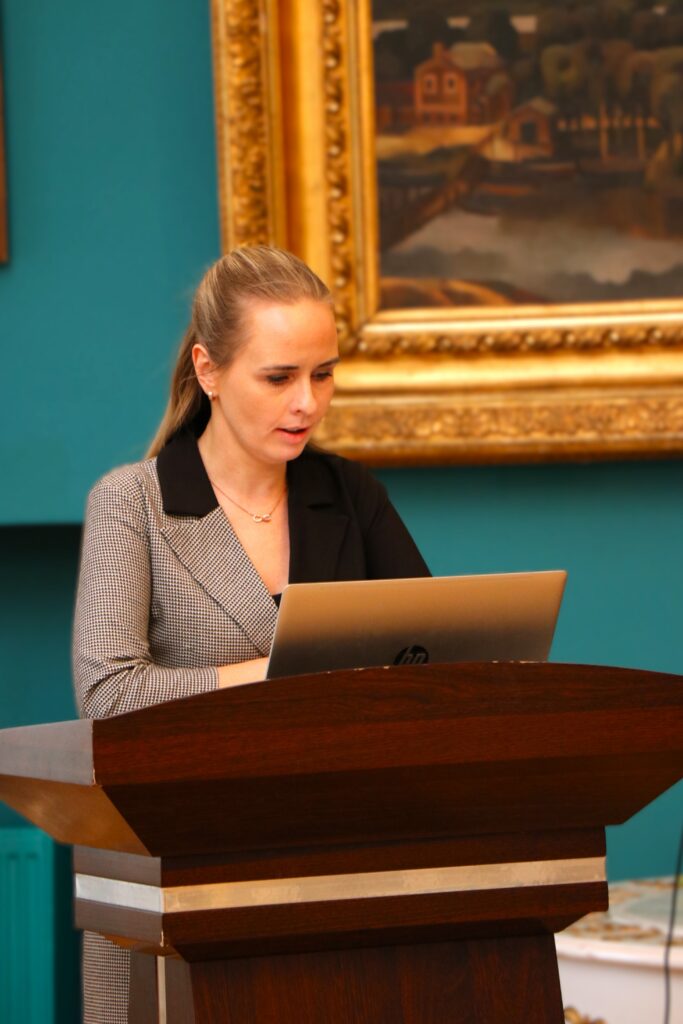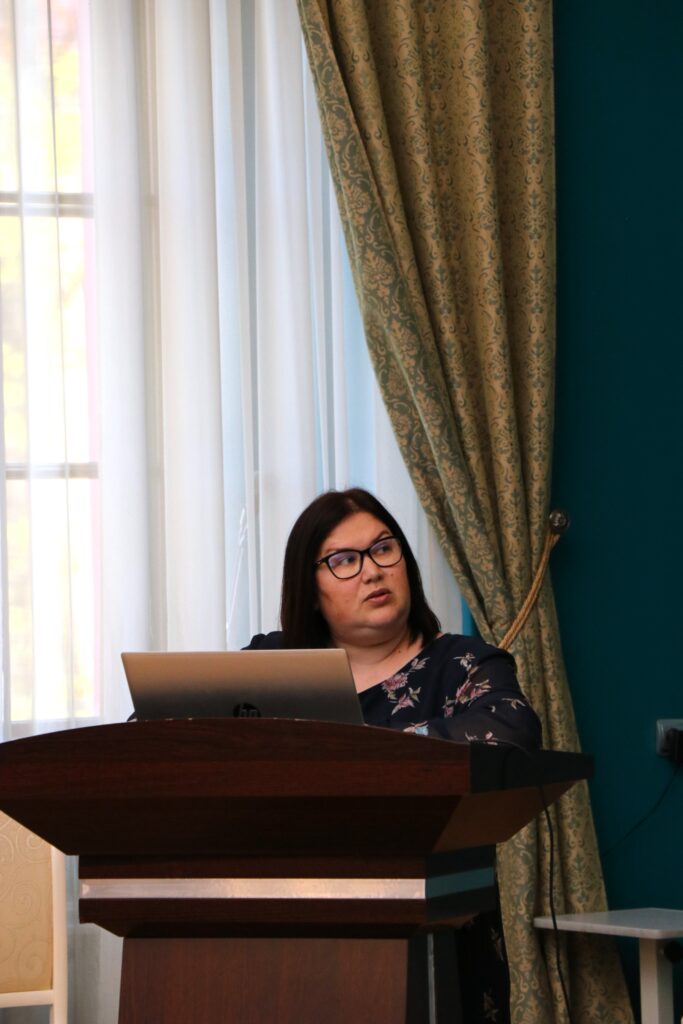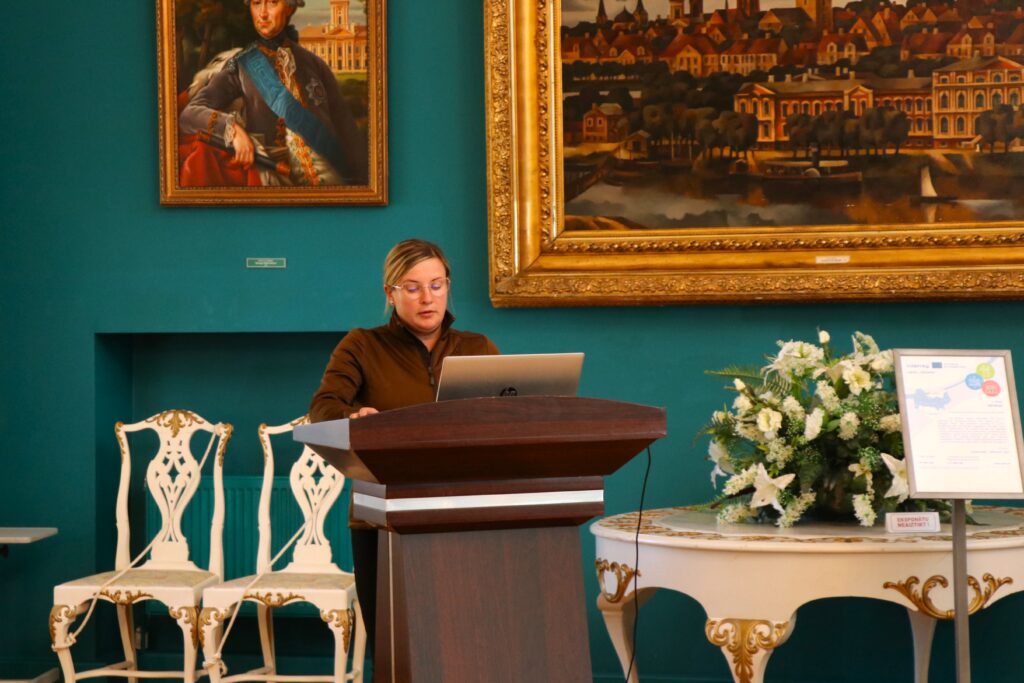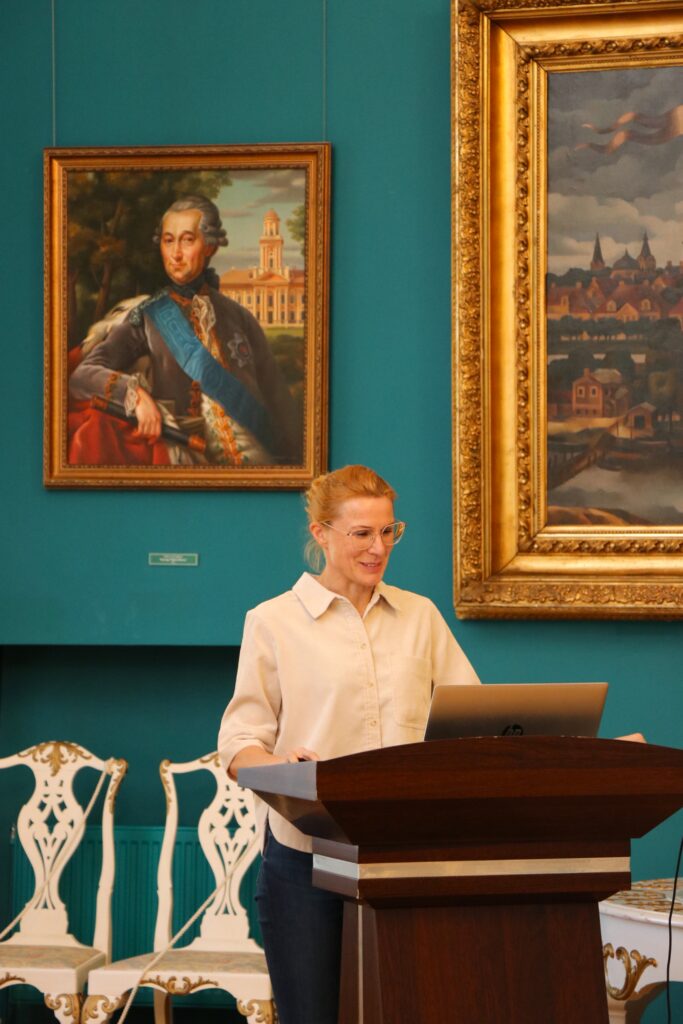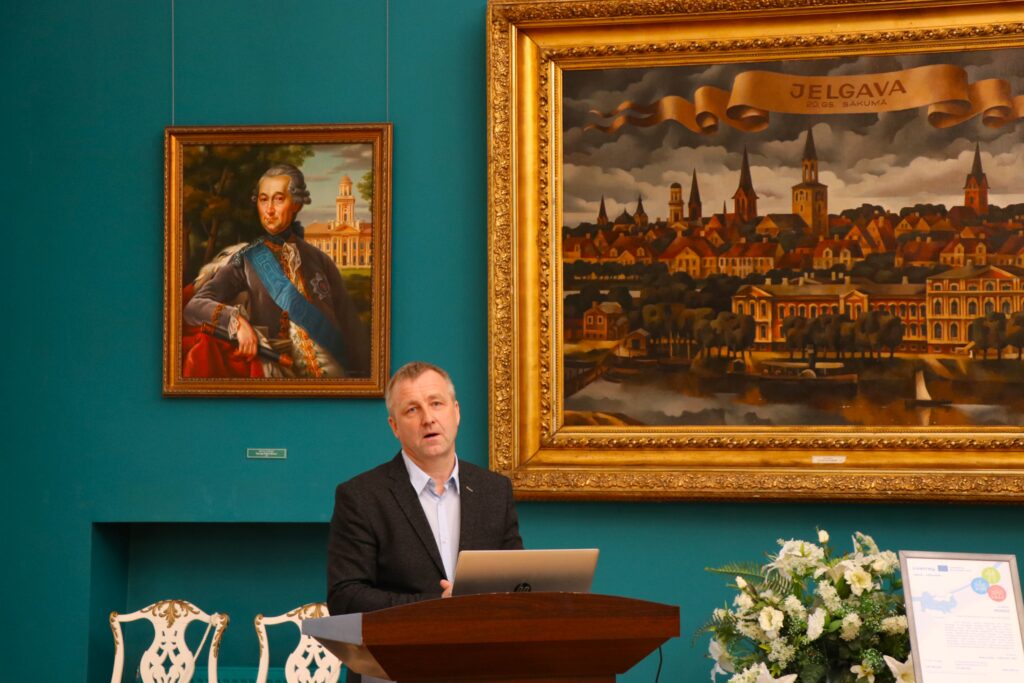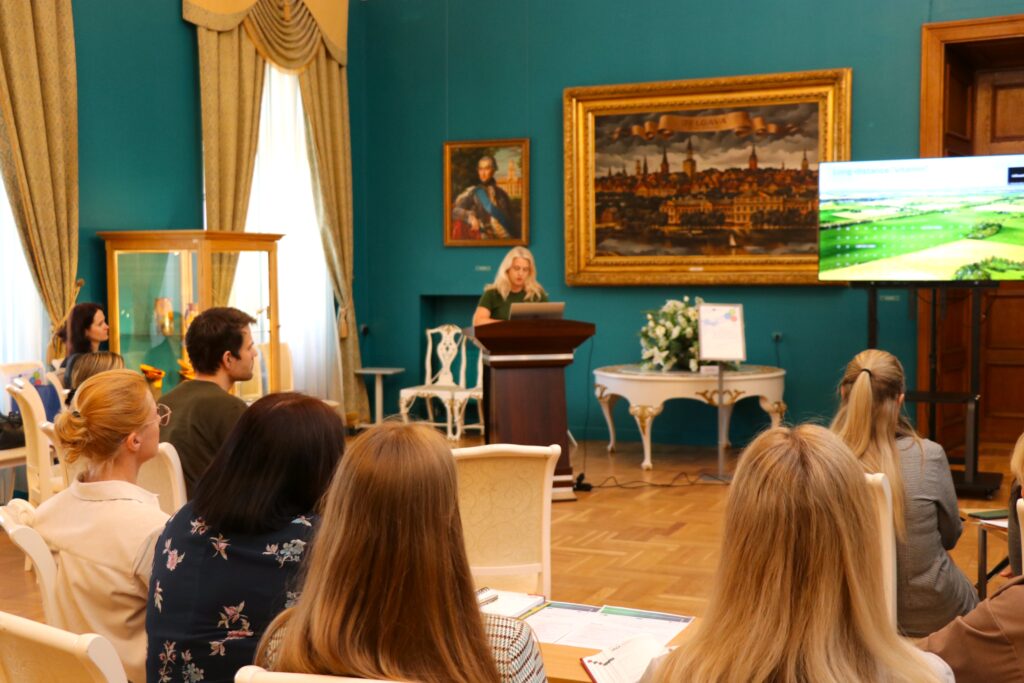Invasive alien species are posing an increasing threat to the biodiversity of Latvia and Lithuania. To purposefully address these challenges, partners from both countries have launched a significant new cross-border cooperation initiative – “Protecting Biodiversity from Invasive Alien Species” (INVAGO). Over the next two years, the project aims to develop effective solutions for managing these species, while simultaneously strengthening the knowledge of local specialists and building the capacity of the general public to successfully control and limit their spread.
The project focuses on aggressive and widespread alien species such as Sosnowsky’s hogweed (Heracleum sosnowskyi), which not only suppresses native flora but also poses a threat to human health; the Spanish slug (Arion vulgaris), which severely damages gardens and agricultural crops; the rapidly spreading Himalayan balsam (Impatiens glandulifera) and Canadian goldenrod (Solidago canadensis), which significantly disrupt natural ecosystems. In both Latvia and Lithuania, the successful control of these species faces several challenges, including limited data on their true distribution and impact, a lack of harmonised local action plans, and the need to enhance both public awareness and institutional capacity. The INVAGO project (No. LL-00262) seeks to address these challenges through practical measures and by fostering effective cross-border cooperation.
To implement these solutions, the INVAGO project will carry out a diverse set of activities in border regions of both Latvia and Lithuania. The Zemgale Planning Region, as the Lead Partner, will coordinate the overall implementation and communication efforts, while also providing methodological support to all partners involved in planning and executing invasive species control activities. In the Zemgale region, the municipalities of Bauska, Jelgava, and Dobele will actively work to reduce the spread of specific invasive species in their territories. For example, Bauska Municipality will focus on reducing Himalayan balsam in Iecava and limiting Canadian goldenrod in Bauska and Rundāle. Jelgava Municipality will target the Spanish slug in the village of Bērvircava, while Dobele Municipality, particularly in Zebrene parish, will work to limit the spread of Sosnowsky’s hogweed. The most appropriate control methods will be applied to each location, and all activities will be followed by thorough monitoring and analysis of the results. Lithuanian partners – the municipalities of Biržai, Pakruojis, and Šiauliai, along with the Žemaitija Protected Areas Directorate – will undertake similar activities in their respective territories, ensuring a coordinated and joint response.
In addition to direct control measures, the INVAGO project places strong emphasis on knowledge and skills development. Educational seminars will be organised in each partner municipality in Latvia and Lithuania, targeting local government specialists, landowners, residents, and students. These sessions will highlight the threats posed by invasive alien species and provide guidance on effective and sustainable management approaches. Special attention will be given to practical training, with a total of 50 specialists from Latvian and Lithuanian partner organisations receiving certification in the use of chemical plant protection products. To accurately assess the spread of invasive species and evaluate the effectiveness of implemented measures, unmanned aerial vehicles (drones) will be used. Data collected from monitoring activities, covering a total of 27 hectares of pilot areas, will serve as the foundation for developing local invasive species management plans in each municipality, ensuring a long-term approach to tackling the issue.
On April 29, the kick-off meeting of the INVAGO project was held at the Ģederts Eliass Jelgava History and Art Museum, bringing together all project partners to confirm their shared commitment to addressing the invasive species issue in the Latvia–Lithuania border region. Active preparatory work is currently underway to ensure the timely and effective implementation of the planned project activities.


